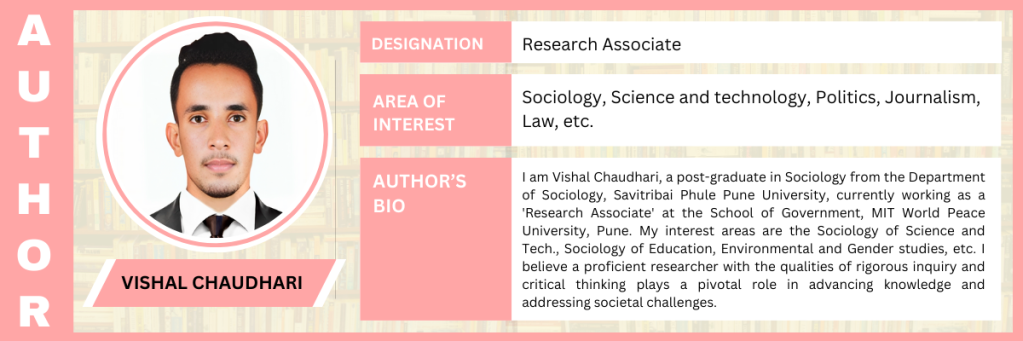In this rapidly evolving job market landscape, along with creative and critical thinking, students need new skill sets to sustain and flourish in the job market. The technological advancements demand such skills and knowledge from the students, and India is making efforts in this direction. As the first education policy of the 21st century, the National Education Policy (NEP 2020) of India emphasized the extensive use of technology for inclusive and quality education along with skill development to take advantage of India’s demographic dividend.
Comparatively, India has several advantages. The nation is home to some of the most affordable internet services worldwide. It plays a crucial role in the thriving IT industry by ensuring a steady supply of skilled labor. Additionally, the Stanford AI Index Report 2023 argues that India has the highest level of AI skill penetration worldwide.1
Photo 1: Santhigiri Vidyabhavan School in Kerala, the first AI School in the nation
Against these advantages, several initiatives show that India has already started its education system integrating with AI. For instance, the Kerala-based Santhigiri Vidyabhavan School has recently become the first AI School in the nation. Similarly, Bangalore-based Indus International School was in the discussions for using a robot teacher in its classrooms. Moreover, the first AI University named Universal AI University has been set up in Maharashtra.
Photo 2: The first AI University named Universal AI University in Maharashtra
Furthermore, the Indian Government initiated AI-based programs to educate marginalized populations. The Diksha portal provides digital education to public school students nationwide, offering personalized learning experiences and access to quality resources. The Eklavya Model Residential Schools (EMRS) have also been revamped to provide individualized learning, AI teaching aids, and digital materials to tribal children across 598 EMRS in India. These examples highlight India’s efforts towards AI-based education.
There are several advantages of integrating AI in Education such as helping teachers to reduce their time spent on non-teaching activities like creating lesson plans or assessing the students’ performance. As it is enabling individualized learning according to the pace of every student, it has the potential to further promote inclusivity. Beyond this, some experts are also predicting that students will have their own 24×7 teaching assistant with them and will guide them on every step.
While it holds several good promises, several serious challenges need to be addressed on time. Several experts have expressed their fears over the safety, security, and uncertainties arising due to this highly advanced technology in every sphere of human life.
According to historian and author Yuval Nova Harari, we don’t know whether the current education will be relevant after some years, and on average, each person will have to change or upgrade his or her profession or job around six times in his or her entire lifespan.2
Photo 3: A robot teacher at the Indus International School in Bangalore
He also predicted the emergence of a ‘useless class’ – the group of people who will not be relevant to the ‘system’ anymore. The 20th Century was replete with exploitation of labor. However, in this Century, the “skill-less” class will not find gainful employment, hampering not only their prospects of livelihood but also their psychological well-being.
In such a scenario, learning “to learn” new skills, or developing resilience through “learning, unlearning, and relearning” among students becomes critical to avoid extreme uncertainties in the future.
In essence, careful consideration of the inevitability of scientific and technological advancement will prepare the next generation to work and live with technology and make the best use of it.
